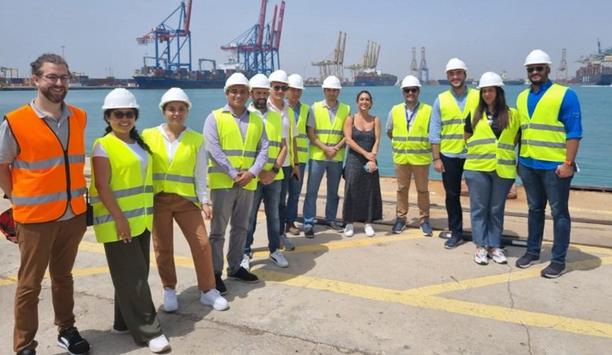Algoma Central Corporation (Algoma) has ordered two, methanol-ready, 37,000-DWT, ice-class product tanker vessels to be built to ABS Class. This CAN$127m investment followed an order for two, new, 72,250-DWT, methanol-ready, Kamsarmax-based ocean belt self-unloading vessels that will also be built to ABS Class from Algoma.
Algoma’s decarbonisation efforts
The new product tankers will be entered on long-term time charters under the Canadian flag, trading primarily from Saint John, New Brunswick, with deliveries to ports in Atlantic Canada and the U.S. East Coast.
The new product tankers will be entered on long-term time charters under the Canadian flag
The methanol-ready Kamsarmax vessels will support Algoma’s decarbonisation efforts with the new ships designed to exceed EEDI Level III requirements and to include Tier 3 engines. The vessels are expected to be 40 percent more efficient than the ships they will replace, owing to a combination of fuel efficiency and optimised cargo lift.
Author's quote
“ABS is proud to help Algoma modernise their fleets and support their sustainability strategy. Methanol is a promising fuel source to reduce shipping emissions, and these vessels will be ready to adopt this as bunkering infrastructure matures,” said John McDonald, ABS President and Chief Operating Officer.
“These vessels have been designed with safety and optimisation at the top of mind and will be a model for the next generation of vessels. ABS has worked with Algoma for over 25 years providing technical expertise and services to help us achieve quality vessel performance, and we look forward to continuing to work together to maximise safety and accelerate efficiency,” said Gregg Ruhl, President and CEO of Algoma.













